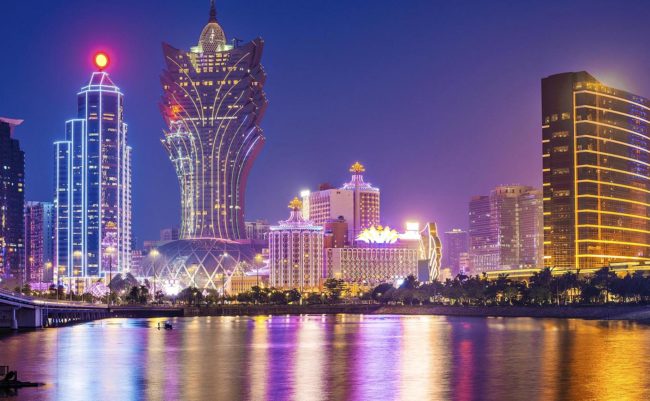
Marketing Lessons from Macau
Last week I was in Hong Kong teaching a branding and marketing strategy program for global executives. It was a treat to be back in such a vibrant and colorful international city.
On an open day, I headed over to Macau, just an hour away by high-speed ferry. I was astonished by my visit.
Macau is booming. The dominant activity is gambling; the town is full of casinos. According to the tourist office, there are now more than fifty casinos operating in the city.
These are not typical gambling halls. These are massive, awe-inspiring resorts. I spent a few hours wandering through the Venetian Macau, a complex that features multiple hotels, huge casino rooms and a shopping plaza that offers Louis Vuitton, Cartier, and dozens of other luxury brands. There are several canals, too, each featuring historic villages, gondolas and singing gondoliers.
Later I stopped by the MGM and then walked over to the Wynn, where I watched the Tree of Prosperity rise up in a spectacular show. Like the Venetian Macau, both of these properties have enormous casinos, VIP entrances and luxury retailers. Each complex had essentially the same global brands selling the same things at the same remarkable prices.
It was a bit like Las Vegas, only on a much grander scale; Macau is more than five times the size of Las Vegas in terms of gambling review. The city dominates the global gambling industry. While the Chinese government has taken steps to limit Macau’s growth in recent years, construction continues; I saw dozens of projects under construction.
What explains this dynamic?
The answer is simple: Macau is unique. It is the only place in China where people can gamble. A business owner in China isn’t likely to fly to Las Vegas for a gambling vacation. Simply getting a visa would be difficult enough to discourage most.
This means that there is an enormous demand for vacations in Macau. Chinese people who love to gamble, and there are many of them, travel to Macau for fun. While there, they spend on luxury brands and nice dinners.
All of this is powered by the growing wealth in China. As people have more money, they can gamble and buy luxury goods. Of course, the only place they can gamble is Macau.
I spoke with someone from the hotel industry while in Hong Kong, and I learned that these new developments pay back with astonishing speed. For some of them, it only takes eight months or so to cover the construction costs.
I had two key learnings from my trip to Macau.
Meaningful Differentiation
Meaningful differentiation is the key to creating wealth. It is the core marketing challenge. You can do exceptionally well if you are the only firm, or the leading firm, providing a benefit that people really value and will pay for.
China’s Growth
There is astonishing wealth in China. The long-term outlook for China isn’t clear, but the presence of so much affluence suggests that the country has real momentum and will continue to grow for years to come.
One other observation, after watching people lose thousands and thousands of Hong Kong dollars at the tables: I’m delighted I’ve never developed a taste for gambling.
I was there very briefly in the 90s. Quiet. How many of those casinos does Adel son own?